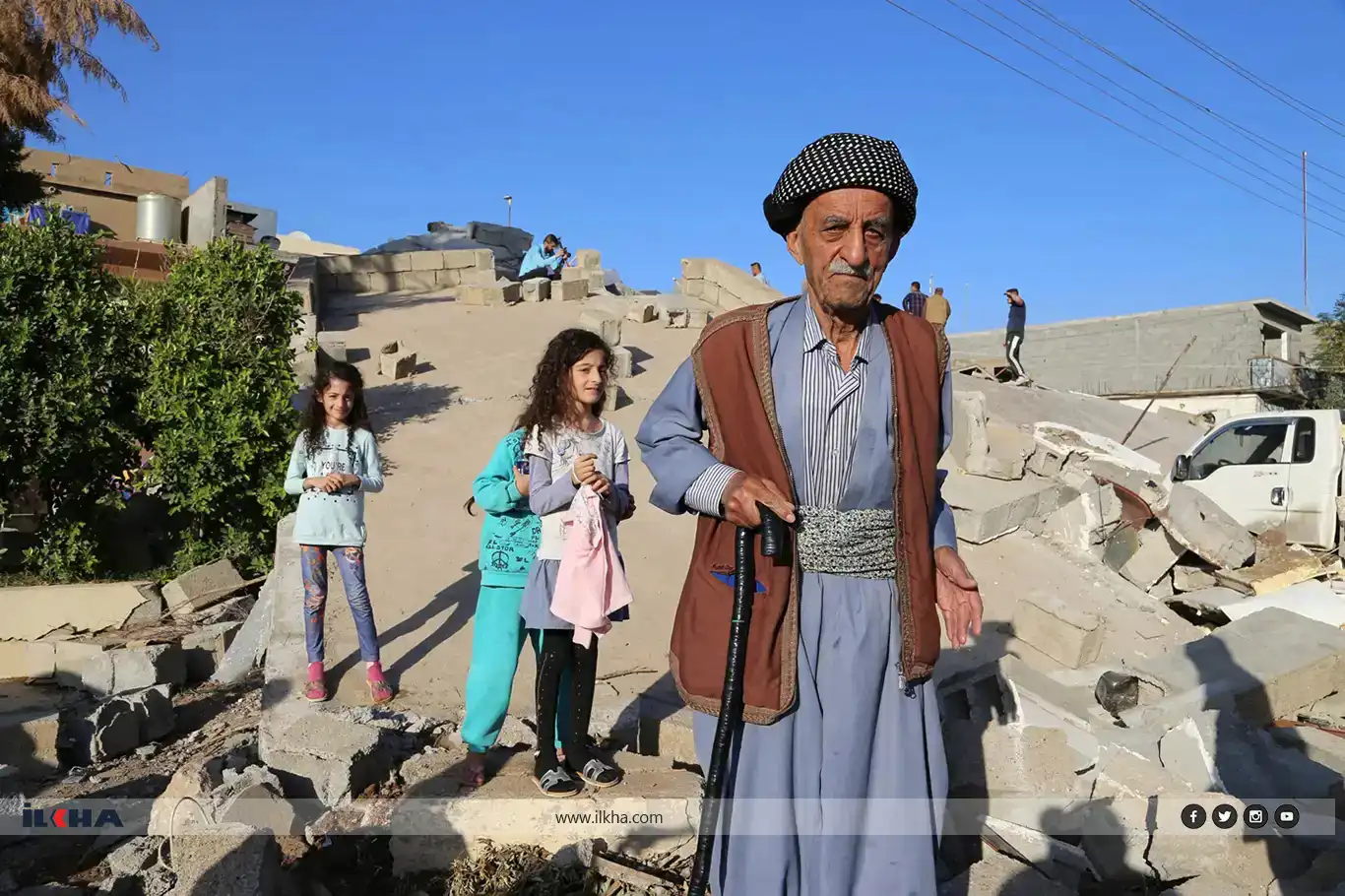Iraq’s population boom: Census data unveils economic and social trends


Iraq’s Ministry of Planning has announced the results of the country’s 2024 General Population Census, revealing a total population of 46.1 million, including the Kurdistan Region.
These figures offer vital information on Iraq's demographic trends, shaping future policies across sectors like infrastructure, healthcare, education, and economic development.
The census highlights a significant urban shift, with 70.17% of Iraq’s population now living in cities, driven by the pursuit of better job opportunities, education, and healthcare. This urbanization trend calls for urgent investment in infrastructure, housing, transportation, and public services to manage growing urban centers.
Meanwhile, 29.83% of the population remains in rural areas, underscoring regional disparities and the need for targeted development to address limited infrastructure, poor healthcare, and economic challenges in these regions.
A standout feature of Iraq's population is its youth, with 60.44% aged between 15 and 64. This working-age population presents both an opportunity and a challenge. A large workforce can boost economic growth, but the pressure on job markets, especially in urban areas, is evident. Additionally, with 11.16% under the age of 5 and 24.74% between the ages of 5 and 14, there is a pressing need for long-term planning in education, healthcare, and employment to harness this growing demographic.
The census also provides insights into family dynamics, with 51.04% of Iraqis married. The average marriage age is 24.06 for men and 20.7 for women, reflecting relatively early marriages, a trend that could affect educational attainment, career development, and economic stability, particularly for women.
The census reports that 41.61% of Iraq’s population is economically active, with a significant 38.25% employed by the government. This heavy reliance on the public sector highlights a need for economic diversification and the development of private industries. There is also a significant portion of the population, 46.06%, who are economically inactive, including students and homemakers.
With an illiteracy rate of 15.31%, and 16.23% in the Kurdistan Region, the country faces significant education challenges, particularly in rural areas. Efforts to close the educational gap and improve access to schooling, especially for girls, will be essential for maximizing the potential of Iraq’s youthful population.
Iraq has made notable strides in public service delivery, with 87% of households having access to clean drinking water, 96.3% to electricity, and 96.9% to sewerage systems. However, challenges persist in rural areas, where infrastructure gaps remain.
The 2024 census underscores the urgency of addressing Iraq’s growing urban population, youthful demographic, and disparities between urban and rural areas. Policymakers must focus on inclusive economic policies, investments in education and healthcare, and creating a diversified economy that can accommodate the country’s young workforce. With careful planning and strategic investments, Iraq can tackle these challenges and ensure a prosperous future for its citizens. (ILKHA)
LEGAL WARNING: All rights of the published news, photos and videos are reserved by İlke Haber Ajansı Basın Yayın San. Trade A.Ş. Under no circumstances can all or part of the news, photos and videos be used without a written contract or subscription.
A 55-year-old man from Gölbaşı village in Sivas’ Zara district has become the sixth victim of Crimean-Congo Haemorrhagic Fever (CCHF) in the region this year, health authorities confirmed on Saturday.
Australia has recorded its first case of the mpox clade 1b variant, known to cause more severe illness, according to the Australian Centre for Disease Control (CDC).
Türkiye’s household landscape is undergoing significant changes, with the average household size shrinking, one-person households on the rise, and stark regional differences in family structures.
Türkiye witnessed a continued and alarming decline in fertility in 2024, according to the latest figures released by the Turkish Statistical Institute (TurkStat) on Tuesday.